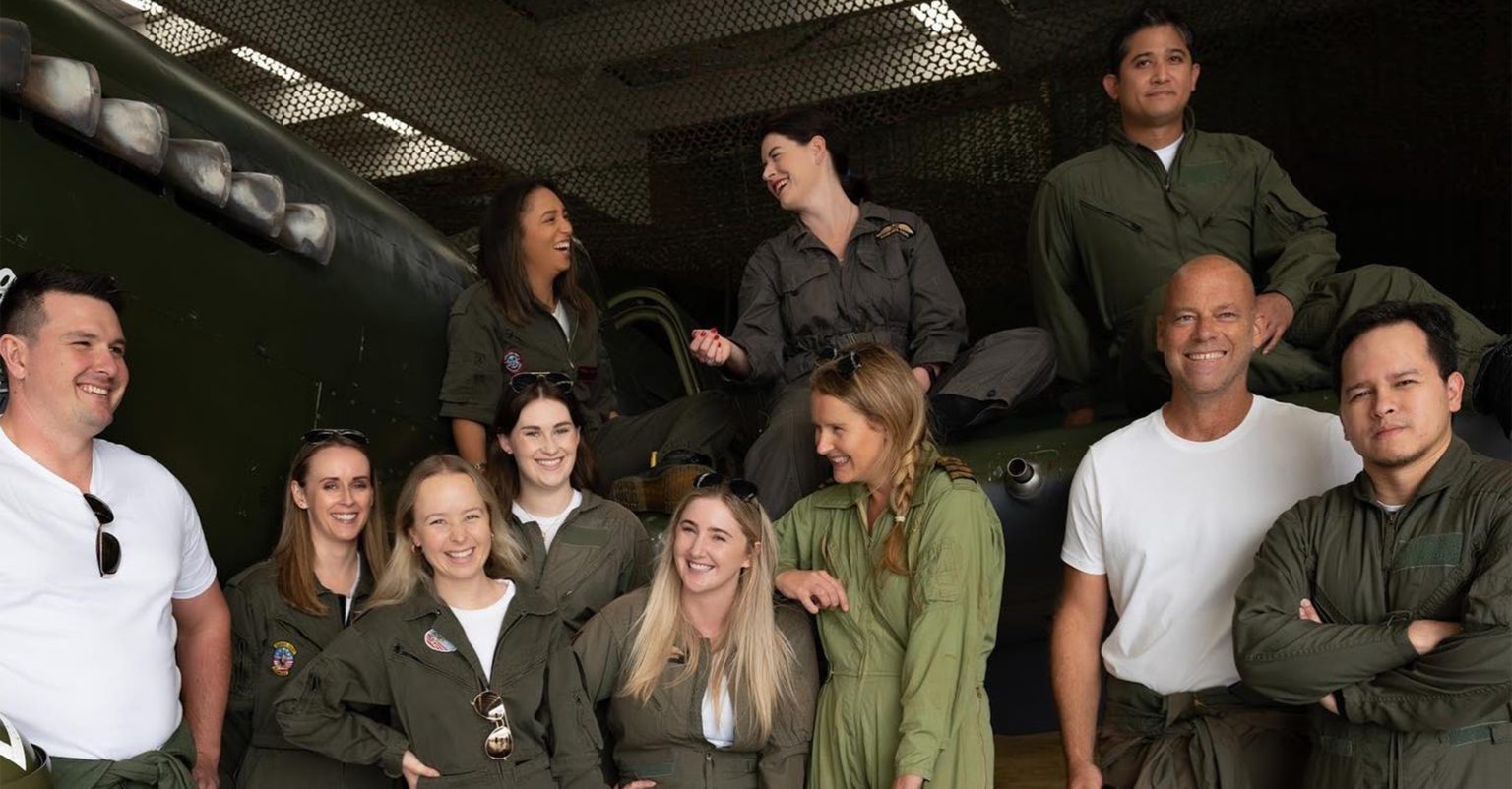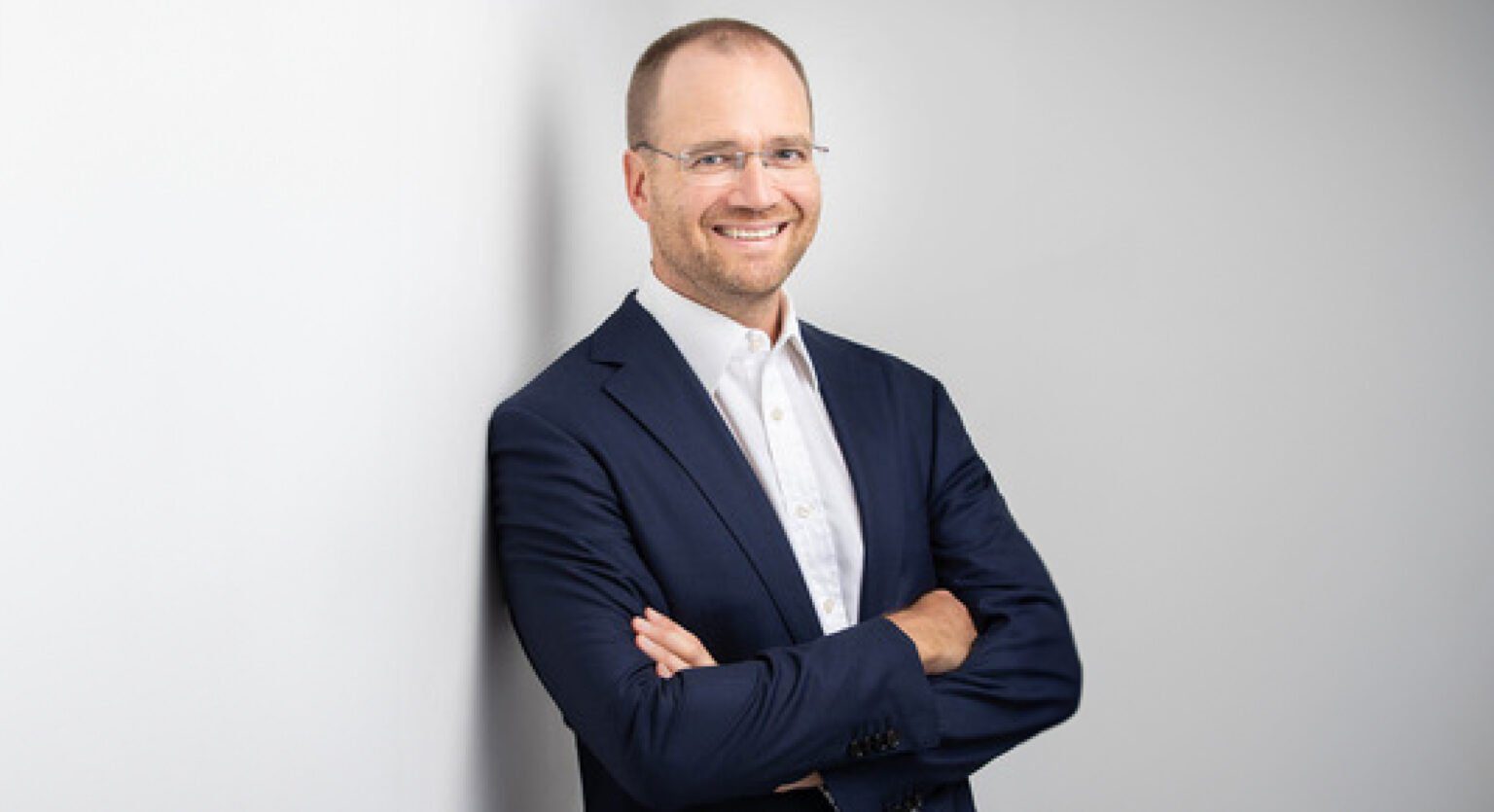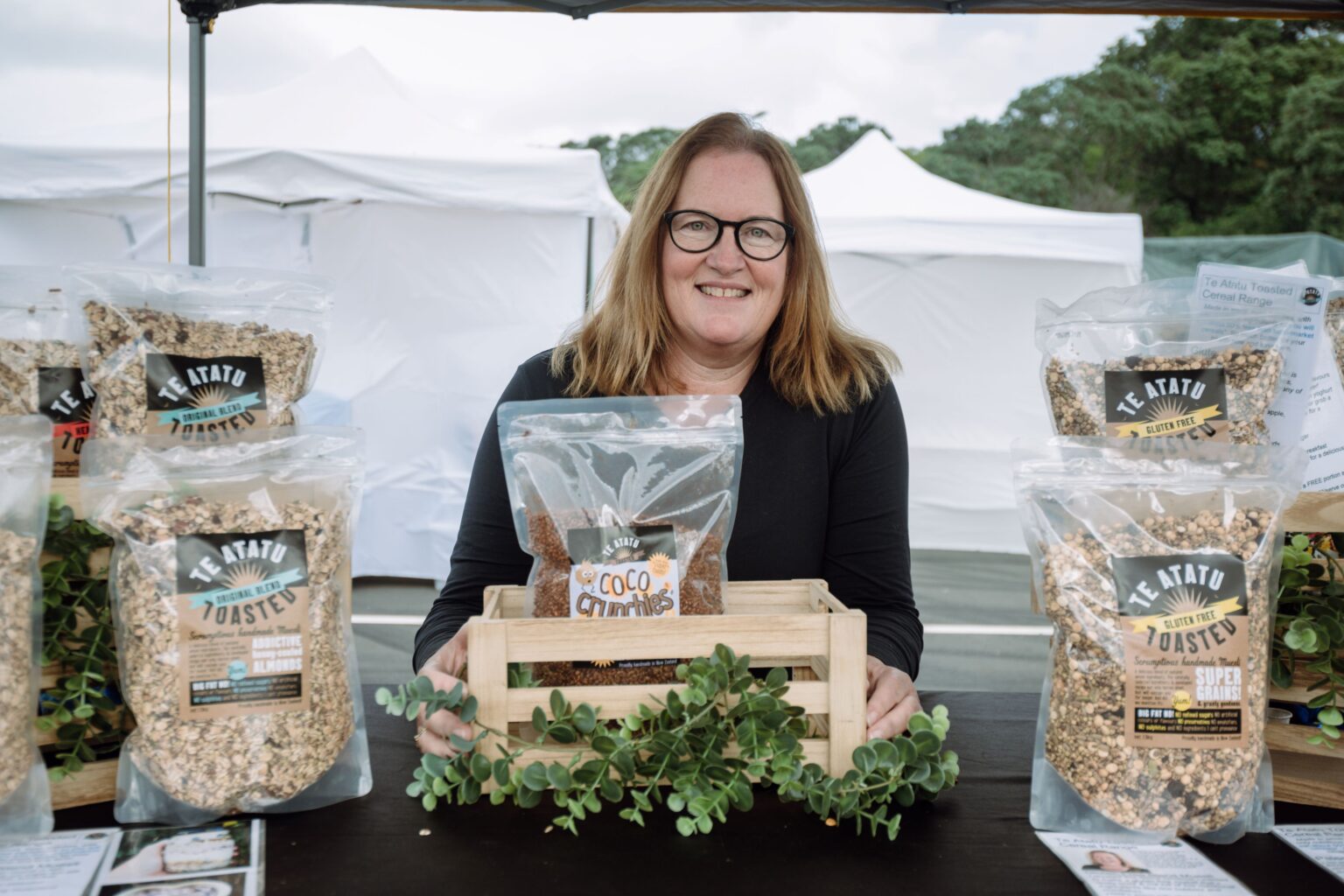Maverick Digital has gone from a one-woman band to an office of 12 staff and counting. Here’s why – and how – founder, Alex Dykman, keeps the memory of those early start-up days close, even as Maverick Digital soars.
At a glance
Here’s a snapshot of the advice from our interviewee:
- Articulate your values as a company and don’t lose sight of them – no matter how big you get.
- Hire people who are aligned with those values and fit with your culture.
- Clear communication can be the first casualty of business growth. Communicate, communicate, then communicate some more.
From start-up to supercharged
In 2014, Alex Dykman was running her digital tourism marketing company, Maverick Digital, from the spare room in her house. When a friend returned from overseas and asked if she’d thought about scaling the business, she was initially thrown.
“I’d never really thought about putting the gas on intentionally. I just really liked what I was doing but hadn’t looked at it from that perspective.”
It was a change in perspective that “supercharged everything”, remembers Alex. She started working with a business coach who helped her define the company’s values and direction.
“It was so exciting to start thinking about and working on the business in that sense. I always loved the work, but previously hadn’t really seen the wood for the trees. This allowed us to articulate who we are, where we want to go and the culture we need to get there. Clarifying the values central to that culture was an important step,” Alex says. “From the very beginning, it’s been our culture that has attracted clients to us.”
And that culture includes the start-up mentality that had seen the growing team of three score major clients, including Hobbiton.
View this post on Instagram
“When you just start out, you’re obsessed with doing an amazing job – you’ll do anything you can to make clients happy. Providing that amazing experience is key to becoming a viable business,” says Alex. “But if you lose that as you grow, then you lose one of your core selling points. And that’s why keeping our start-up mentality – even as we grow – is so critical.”
Jaime Gallocher, founder of HR company, The People Project, agrees.
“Start out the way you intend on going forward. Set clear expectations with your people about what you stand for as a business,” Jaime says. “Lots of organisations are relaxed about these things from the beginning and as they grow they get lost or have to go back and reset, which is a harder task.”
Finding the A-team
“We are obsessed with hiring the A-team. We want great communicators and really hard workers,” says Alex. “When someone is good at their job and loves what they do, they are great to be around and that helps build a fun, hard-working culture.”
That culture isn’t just a nice to have or a productivity booster – it’s also a vital part of partnering with the tourism industry and complementing its culture.
“We are tourism specialists, and tourism people are generally really down to earth and cool and passionate about what they do. They have a lot of fun and so as a partner to tourism operators, we need to be fun and delight them from the word go,” Alex says.
The company’s values heavily inform who Maverick Digital hires.
“We always want to know how someone responds to those values and find out what they mean to them personally.”
For the initial period of growth, Alex felt like “the universe was on our side” when it came to recruitment. But it hasn’t stayed easy to find those A-team candidates who can fit into the organisation’s ‘small in size, big in attitude’ culture.
The organisation has now turned to a recruitment firm to fill current vacancies which Alex describes as “a big step for a company of our size and one so obsessed with making the right hire”.
Admitting she hadn’t previously seen the value of that option before, Alex says she’s since built a good relationship with the recruiters. Importantly, they are digital specialists who work with the niche pool of people from which Maverick Digital can find its team.
“We are committed to hiring the A-team no matter what,” says Alex. “Even when we are super busy, we can’t cave in to just hiring anyone. It must be the right person every time.”
Jaime concurs that finding the right people is key to maintaining and nurturing that start-up culture.
“Recruiting right and onboarding with purpose are critical to the success of all businesses. Turnover in the first 12 months more often than not is attributable to the employee experience in their first 100 days.”
Paddling the waka as one
“It’s easy to make sure you’re taking care of everybody, keeping them motivated and supported and positive, when you’ve got four to eight people,” says Alex. “But when you get 12 to 16, it gets harder.”
The key, finds Alex, is to have a really clear expectation that team managers will give that same level of personal attention they experienced when the business first started.
“I have to trust my team to do that,” says Alex. “It’s not about them being an exact copy of me. It’s about trusting their individual approach. Because no matter how many people we have, I want to make sure we’re all in the waka together.”
For the team to paddle in the same direction, Jaime emphasises the importance of clarity and communication.
“You can’t over communicate,” she explains. “When businesses are small, they think everyone knows what’s expected of them and what’s going on because everyone is talking often.” But when a business grows, that can get lost. “So being deliberate about team communications is very important.”
The COVID-19 pandemic could well have overturned Maverick Digital’s waka completely if not for the organisation’s strong culture of communication.
“It was definitely hard,” remembers Alex. “But we had daily catch ups and prioritised face-to-face calls over phone calls.”
View this post on Instagram
The company also worked to keep up morale within the tourism industry. For Winechat Wednesdays, some 70-80 people would gather on Zoom for a drink and a talk. Alex and the team would share slides designed to support operators with their recovery, but it was also about creating a safe space for people to connect.
And there was an unexpected outcome of all that working-from-home communication over the lockdowns when they returned to the office.
“It added an element of authenticity because we had all seen each other in our personal spaces and lives. We wouldn’t have had that otherwise.”
Transparency about how the company was coping was also critical at this time.
“People needed to be doing their best work without fear,” says Alex. “As we redefined our business opportunities, I was always very clear about where things were at. And when we landed a big client in May, right in the middle of COVID, that was cause for real celebration – a testament to the team’s work.”
“People usually want to work for start-ups because of their agility, passion, the story and the purpose,” says Jaime. “It’s possible to keep and cherish these values while a start-up grows, but to do this people and culture needs a seat at the table and a voice right from the beginning.”
Ready to grow but need access to funds to get the ball rolling? Speak to a small business lending specialist about how a Prospa Small Business Loan could help you get started.




